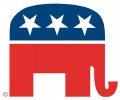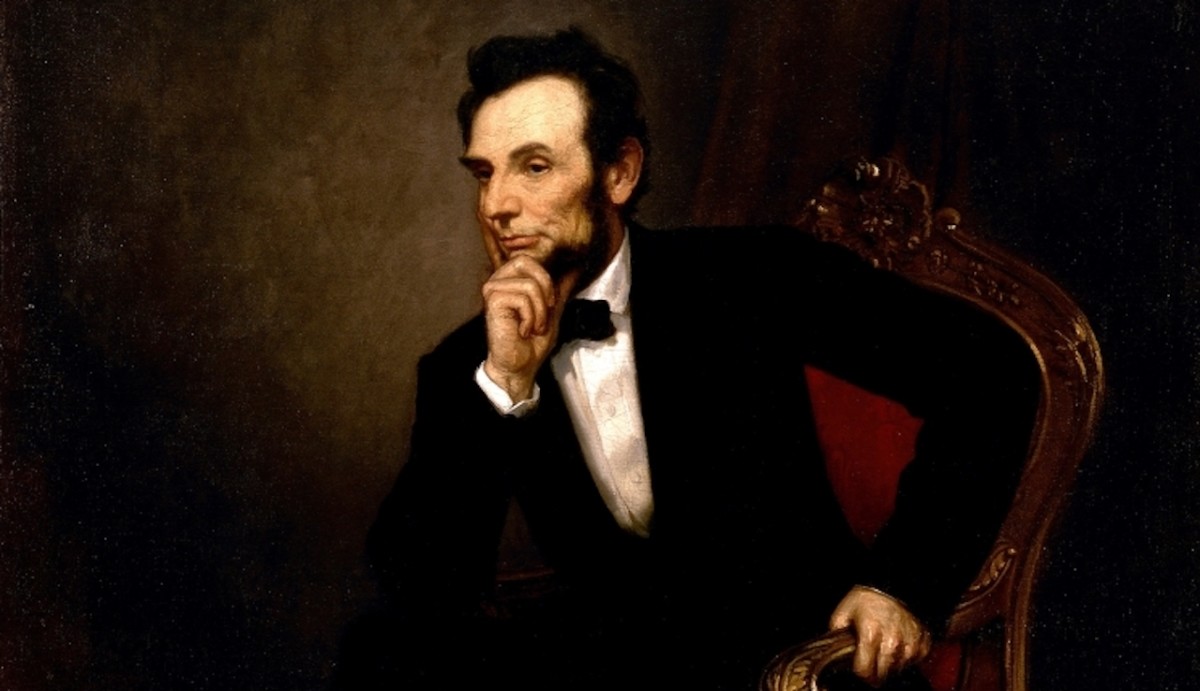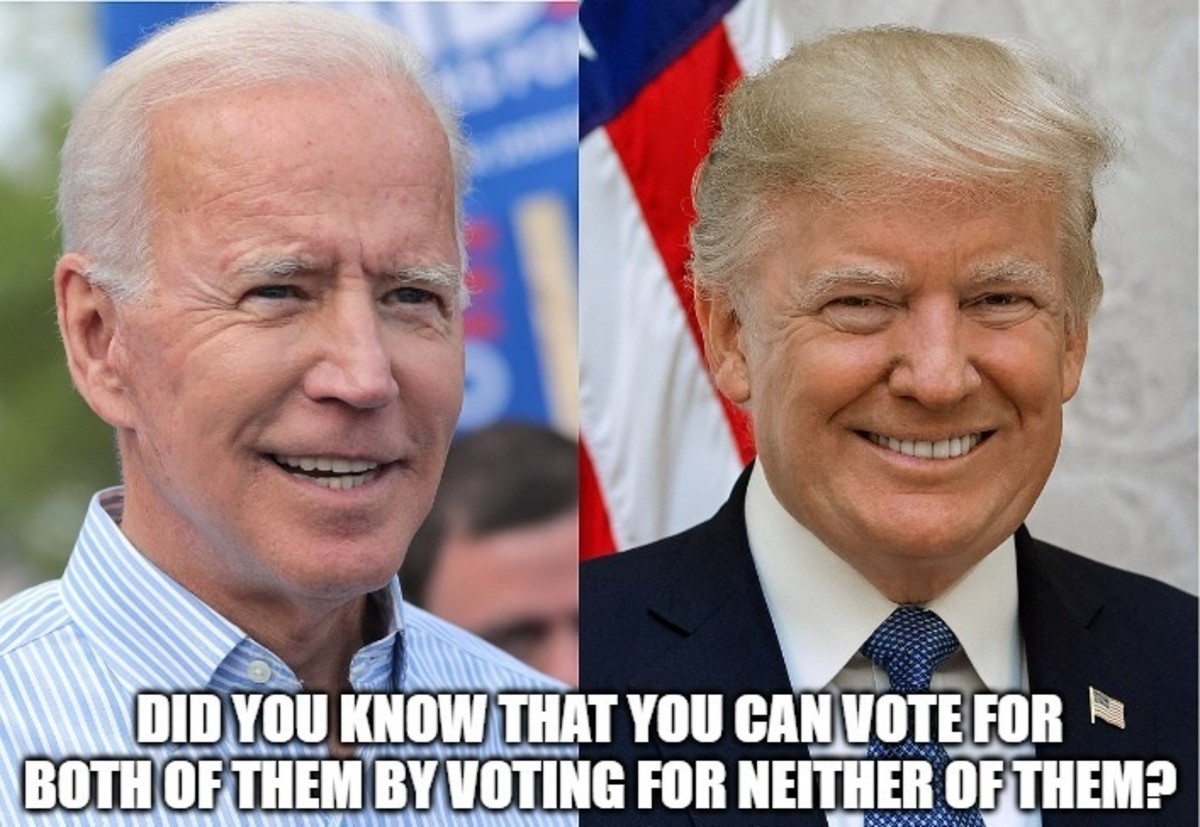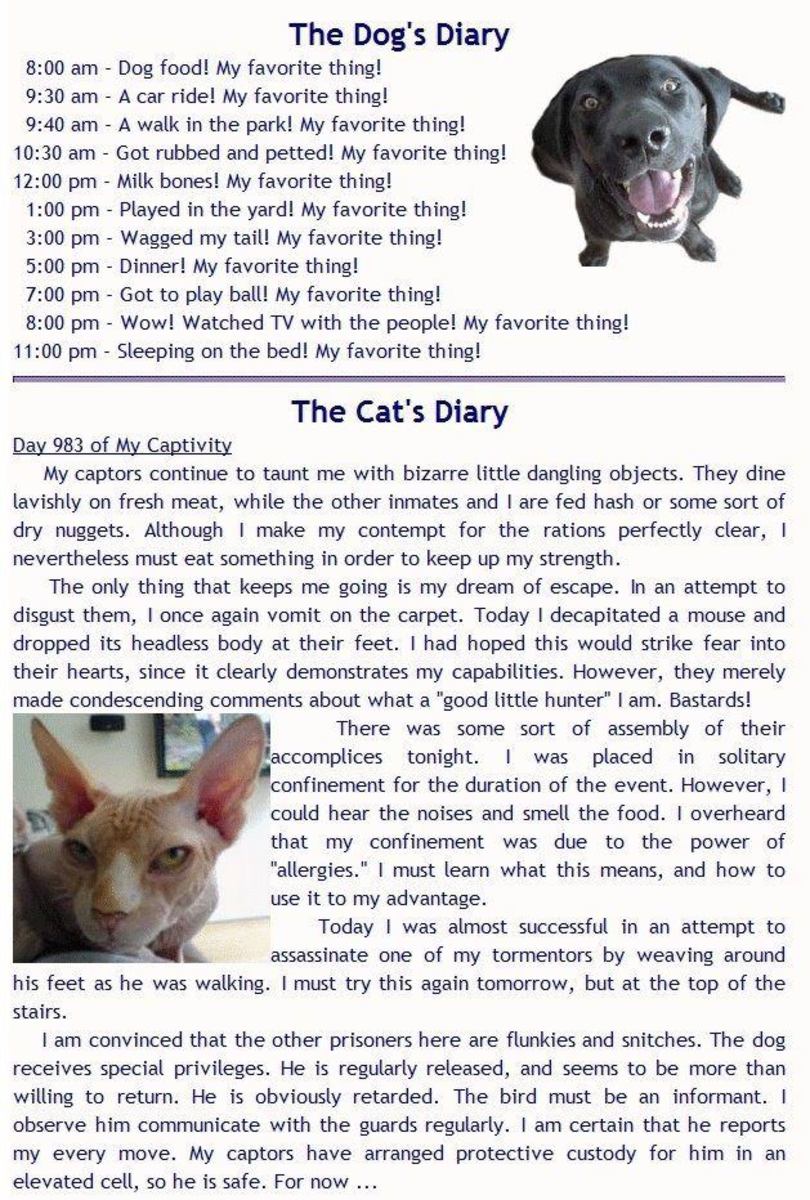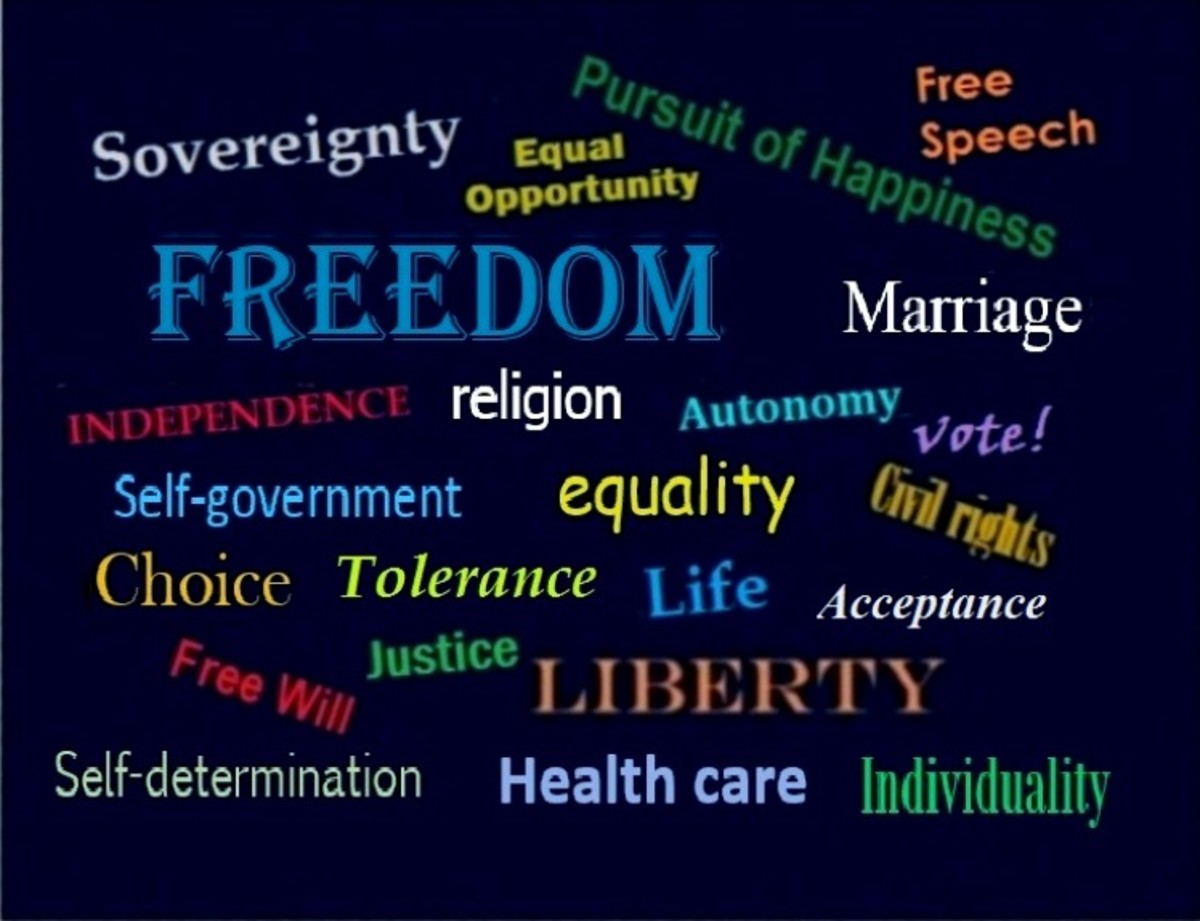Plutocrats Limit your Choices; Then They Ask for your Vote
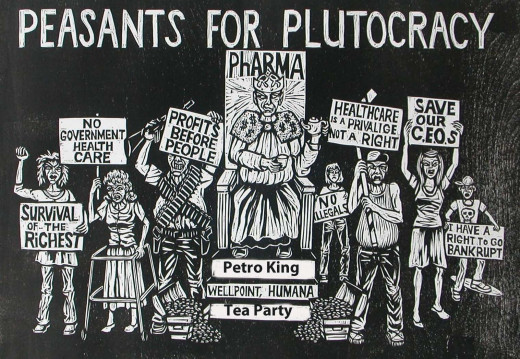
“…elections are extravaganzas, essentially run by the public relations industry with the goal of marginalizing issues and voters…
Noam Chomsky in Z Magazine
We are a few days from the presidential election of 2012 that is being promoted as free and fair by the Republican and Democratic parties. Certainly, we are free to vote how we wish (if our votes haven’t been nullified by recently passed voting laws), but the choices of candidates are not determined by the people. How the campaigns are run is unfair to all but the most ardent adherents to the status quo in this nation: well-funded political parties, party insiders and politicians.
While we are free to vote in the United States, our choices are limited, and many of us find that our beliefs are not represented by the candidates from the two major parties. In fact, if we look beyond the platforms, we find that both parties have done little to address the loss of wages, address the exporting of jobs, create trade agreements that protect workers and the environment while encouraging trade, realistically address global warming, and address the problem of money in politics among other popular and ignored issues. So every two or four years we have to decide whether to vote for a party that is less objectionable than the other or if we vote for one of the marginalized parties that better represent our beliefs.
Over time, rules have been written by the two major parties in the U.S. to restrict access to power. Those who create the rules for governance decide how our money is spent and pass laws in every state and nationally that make a third party challenge for office nearly impossible.
To get on the ballot, third parties need to get signatures from thousands of registered voters. No such petition requirement is made of Democrats and Republicans. In Texas, you need 45,000 signatures, something few if any independent candidate has succeeded in doing. According to Ballot Access Online, in West Virginia, the state legislature made it illegal to to ask anyone to sign a petition for office without saying, “If you sign this petition, you will not be able to vote in the primary.” Since neither Democrats nor Republicans are required to have petition signatures for ballot access, this effectively keeps third party candidates off the ballot in the state.
Then there is the filing fee for getting on the ballot, which can be prohibitive for independent candidates that don’t have major party backing. In Florida, the filing fee is 7% of the salary of the office you are running for, $12,180 for a House or Senate seat, $9000 to file to run for Governor. And even if you can garner the filing fees, that’s a major hit into the campaign funds for third party candidates. (Ballot Access Information)
The dominance of the two major parties is highlighted by the fact that one-third of all state-house seats in the nation are uncontested, i.e. so dominated by either Democrats or Republicans that the other major party doesn’t run a candidate. (ibid) This is what U.S. democracy looks like. If there was more ballot access to third parties, Republican dominated districts might have Libertarian, Liberty, or Tea Party challengers (and with that added competition and divided votes, the Democrats might run a candidate). On the other hand, with more ballot access, Democrats would have Green party, Peace and Freedom, Socialist and other challengers. As it is, limited access limits Democracy.
The courts also defend the two party monopoly. Back in the 50s, both parties voted to have state deadlines for election petitions moved to after their August conventions. But in 2008, neither Democrats nor Republicans filed in time for the Texas state deadline.
“Usually the Democrats and Republicans have no trouble placing their candidates’ names on ballots. Since they are established political parties, the process in most states is as simple as filling out a form or sending a letter certifying the names of their candidates. Parties, such as the Libertarian Party, who do not meet the requirements to be considered a major party, must spend almost as much time and effort on ballot access as they do on campaigning. Depending on the state, independents and third parties are required to collect tens of thousands of signatures, pay hefty fees and meet stringent deadlines. Perhaps the major parties have grown complicit or overconfident or maybe the other parties have become adept in getting ballot access. Whatever the reason, the Democratic and Republican parties have missed the Texas deadline of August twenty fifth to certify their candidates for president and vice president. The Libertarian party, however has met all the Texas requirements. This means that Bob Barr, the Libertarian candidate will be the only candidate for president on the ballot in Texas.” (link)
However, courts ruled that Republicans and Democrats would be on the ballot even though they missed the deadline. That is how dominated our system is by Republicans and Democrats; they get to break their own rules.
Ron Paul gave a speech to the House of Representatives on this very issue on July 15, 2004:
“The effort to keep Mr. Nader off the ballot shows how ballot access laws preserve the two-party monopoly over the political system by effectively disenfranchising supporters of third parties and independent candidates. While the campaign against Mr. Nader is an extreme case, supporters of the two-party monopoly regularly use ballot access laws to keep third party and independent candidates off ballots.”
By holding debates and limiting access to the two dominant political access, choice is limited further. This year, the Green Party, the Libertarian Party and others were not in the extravaganza we call debates.
There is also a media blackout; major networks have no use for third party candidates whose parties won’t pass legislation or have little chance of winning. Political parties will also exclude their own members from the debates if they stray too far from party orthodoxy. Dennis Kucinich was blocked the Las Vegas debate in 2008 although he was on the ballot for the primary. Gary Johnson was not invited to Republican debates this year. Poor showings leads to exclusion from debates which leads to a poor showing in opinion polls which means you get excluded from debates.
The same is true for alternative political parties. Major media outlets tell us that they don’t cover a political party until they are competitive; however, they have little chance to be competitive until they get more coverage. Until laws are passed that guarantee equal coverage to all candidates and parties on the ballot and not just Republicans and Democrats, this situation is unlikely to change.
Another no-win situation is that people won’t give money to parties that can’t compete, and if they don’t receive money, they can’t compete. Moreover, many people won’t vote for parties that can’t compete. Breaking out as a third party today is harder than ever.
Until election and party rules are changed to create equal media time for all political parties, have more balanced funding with laws that limit spending, we will be stuck with two corporate parties that have little motivation to do more than get reelected. There is no incentive for Republicans or Democrats to pass laws that will make it easier for more parties to elect candidates. Elections are about power, not the will of the people, and until that changes, national elections won’t change the inequality in this nation.
Next up: Solutions
Peace,
Tex Shelters

